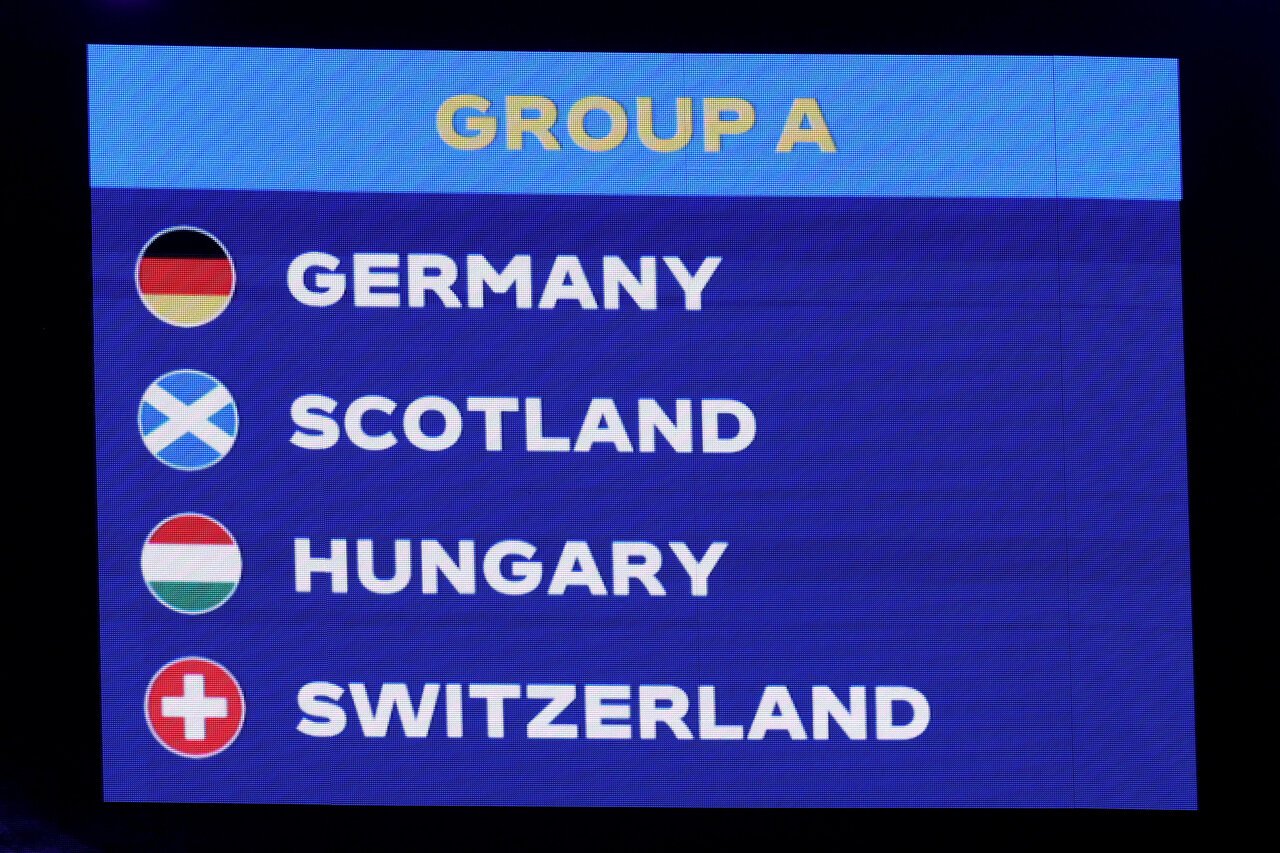Inside Germany is our weekly look at some of the news, talking points and gossip in Germany that you might not have heard about. It’s published each Saturday and members can receive it directly to their inbox by going to their newsletter preferences or adding their email to the sign-up box in this article.
A good year for public holidays (especially May)
After the long and dark winter in Germany, it’s a relief to see more daylight and even some sun. And when spring rolls around, there’s another nice perk of living in Germany – public holidays. This season is when you get to relax, not work as much and enjoy being outside. At the end of March, we had a couple of days off for Easter and in May there are several Feiertage.
We kicked off the month with International Workers’ Day or Labour Day, known as Tag der Arbeit in Germany. Luckily, the weather was pleasant and warm across the country as people attended demonstrations, May Day parades or relaxed in the sun. I took a turn to see the festivities in Berlin’s Kreuzberg area – a traditional spot for Tag der Arbeit gatherings – in the afternoon but was quickly stressed out by the crowds. I don’t know if the sun had gone to everyone’s head but it did seem like people were drinking more this year than usual.
Next Thursday, May 9th, is Ascension Day (Christi Himmelfahrt) which is also a public holiday. Of course this is also Fathers’ Day or Vatertag in Germany. It’s another one where you are likely to run into a lot of drunk people. It has always amused me that it’s a tradition for men to fill a cart with booze and go hiking with their drinks in the afternoon. Next up on Monday May 20th is Whit Monday (Pfingstmontag) which is another Feiertag – but maybe will be less boozy than the others. Lastly, there’s a regional holiday on Thursday May 30th for Corpus Christi (Fronleichnam) – but it’s not nationwide.
Not joking: we had not even gotten as far as Potsdam when one of the revelers near me queried his fellow passengers, “Does anybody here have any more alcohol?”
Welcome to May Day, ladies and gents. Just wait until Vatertag rolls into town (for many, literally) already next week. pic.twitter.com/7jpI7V76lp— Dr Seán Ketchem (@cskwriter) May 1, 2024
It’s safe to say that it’s a pretty good year for public holidays in Germany since most don’t fall on the weekend. As long-time readers of The Local will know, one of my biggest bugbears about living in Germany is that we lose a holiday if the event does not fall on a week day. But never mind the holidays, who has channelled their inner German and already booked their ‘bridge days’ off?
READ ALSO: Bridge days – how to maximise your public holiday like a German
Advertisement
Countdown on for the Euros in Germany
June is a busy month in Germany. Not only is the new citizenship law coming into force (on June 26th!), but the UEFA European Football Championship or Euro 2024 kicks off. A total of 24 teams are gearing up to compete in the tournament, which takes place from June 14th to July 14th. Over 22 match days, a total of 51 games will be played.
It’s quite a special occasion for me because Germany’s national team is taking on Scotland in the very first game in Munich – and I am Scottish! I’m excited for my fellow country men and women to pop over from the island (although I do hope everyone is on their best behaviour).
A view of Group A in the Euro 2024 tournament. Photo: picture alliance/dpa | Christian Charisius
Although I’m not a huge football fan, I do enjoy these big tournaments and the atmosphere in Germany is always fantastic. It’s usually very inclusive with screenings set up in beer gardens and even outside off-licences or Spätis as they are called in Berlin. People tend to let their guards down, mingle with strangers and enjoy the beautiful game. Of course I will be hoping that Scotland win. Who are you rooting for in the tournament?
READ ALSO: Euro 2024 – What can you expect in Germany during Europe’s biggest football frenzy?
Advertisement
Tips on bringing up bilingual children
I was delighted to hear from readers about their experiences of helping raise their children in a bilingual or even multilingual environment.
Many of the respondents to our recent survey said that parents should have trust in the German education system – and stick to their native tongue at home.
Siniša, 44, from Hesse, who speaks Croatian and English at home, said: “Speak your native language at home. The school will ‘cover’ German and other languages.”
Steve, 55, who lives in Munich and speaks English and Spanish with his daughter, added: “Be consistent and raise your child in your native tongue. At a local school, they will learn German quickly.”
Advertisement
“For international parents, I think it’s very important that their children do not lose touch with their mother tongue, as it is a very special part of their identity,” said Prashanth, 42, who lives in Munich.
Read our full story for more, and don’t forget to listen to our Germany in Focus podcast where we hear from The Local Germany’s former editor Rachel Stern talk about her experience of raising her daughter Amelie, who is almost three-years-old, in a bilingual home.
Read More: World News | Entertainment News | Celeb News
Locals
